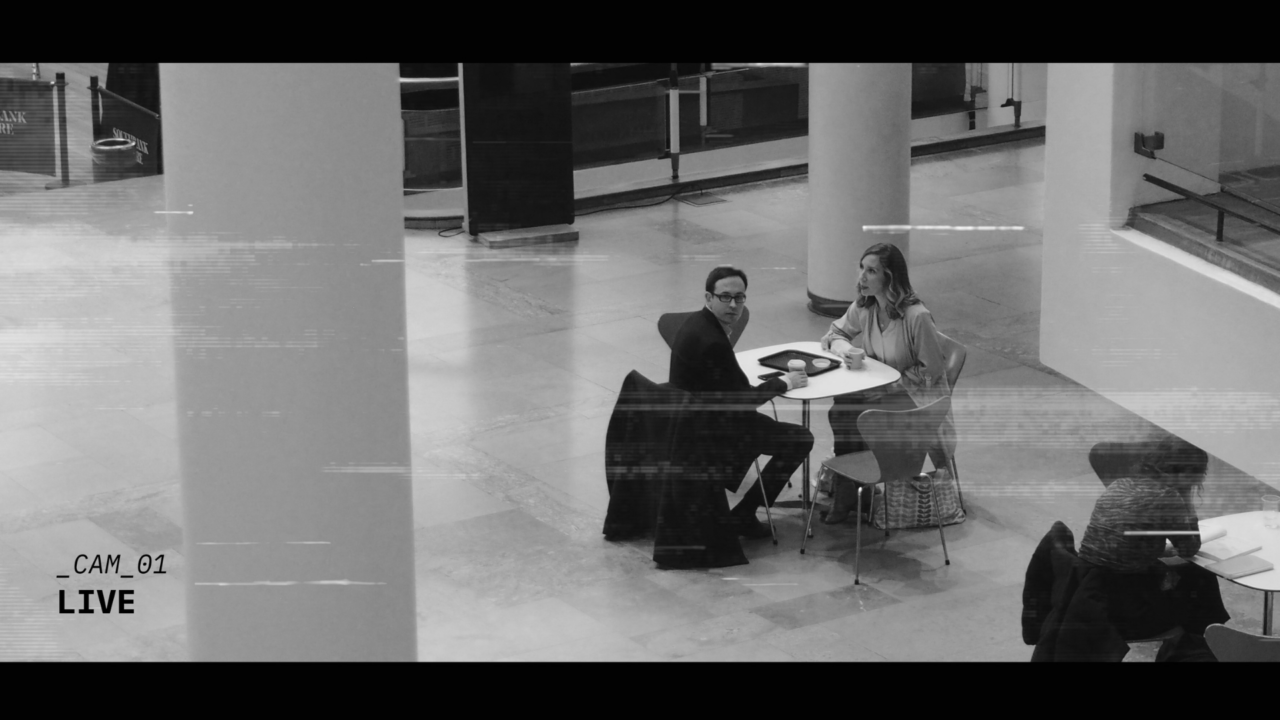- Posted on April 5th, 2022
The Networked Condition: Environmental Impacts of Digital Cultural Production

By Fast Familiar, Abandon Normal Devices and Arts Catalyst
The original aim of this piece of work was to collectively explore the environmental impact of the creation and delivery of artwork using digital technology and to use this research to raise awareness and provide practical solutions to help mitigate these impacts. This was as much a learning process for us and a way for us to share our research with one another as well as our audiences, artists, creative collaborators and partners across the arts.
In doing this work we wanted to contribute to the growing conversation around the environmental impact of digital technology and our desired outcome is that digital technology will be used in more responsible, sustainable and creative ways within the arts sector as a result of this project and for it to be something that is considered in the early planning stages of any project.
A collaborative approach
Fast Familiar, Abandon Normal Devices and Arts Catalyst
‘The collaboration between the three organisations – Fast Familiar, Abandon Normal Devices and Arts Catalyst – was new at the start of the project and came about specifically through the Accelerator Programme (although AND and Arts Catalyst had collaborated on other projects previously). As organisations, an exploration and use of digital technology are central to the work that we do. Coming together as a consortium has allowed us to explore this collectively, test ideas and approaches, pool our networks and resources which are limited as small organisations.
Since beginning the project in January 2020 we’ve met virtually numerous times to discuss and work on the project (we have still not met ‘in person’ due to the pandemic). As organisations, we have each brought different perspectives, practices and fields of expertise to the project — curatorial, theoretical and practical.
This has enabled us to expand the scope of the conversations we have had with artists and researchers which have formed a suite of ‘case studies’ that provide a snapshot of different approaches to complexities of working with digital technologies in a time of rapid technological growth and increasing environmental challenges.
These case studies span questions around creation, manufacture, distribution, and disposal of digital products and projects — explored either practically in the creation of their work, or as the subject matter of their practices (often this goes hand in hand). These case studies will provide inspiring and practical examples of what is possible, as well as a critical framework to think with when developing future projects. We have conducted numerous conversations over the last 12 months creating 6 case studies which have been shared across the three partner websites.
The Case Studies that have been published so far include:
Kyle McDonald, an artist working with code in machine learning, computer vision, and social and surveillance tech
Joana Moll, an artist and researcher critically exploring the way techno-capitalist narratives affect the alphabetisation of machines, humans and ecosystems
Vladan Joler, an artist, academic, and leader of SHARE Lab – a research and data investigation lab for exploring different technical and social aspects of tech
Invisible Flock, an award-winning interactive arts studio operating at the intersection of art and technology
We have also conducted a case study interview with Memo Akten and artist-researchers On Trade Off, which will be released soon.
Further actions & impacts
We have developed a prototype of a tool to help people plan digital artworks, exhibitions and live streams in a more sustainable way and to measure the impact of such projects. The current prototype is available here and we are currently in the process of adding further features.
The project has also inspired us to develop innovative ways of lowering the impact of our own projects. For example, Fast Familiar have created their first carbon neutral project and also rebuilt their website to make it use 50% less energy.
We have also shared insights about the project at various events, including an event in collaboration with the Arts Marketing Association, Julie’s Bicycle and Wholegrain Digital in September 2021 and at a Julie’s Bicycle event on digital impacts in August 2020.
Image credit: Fast Familiar
